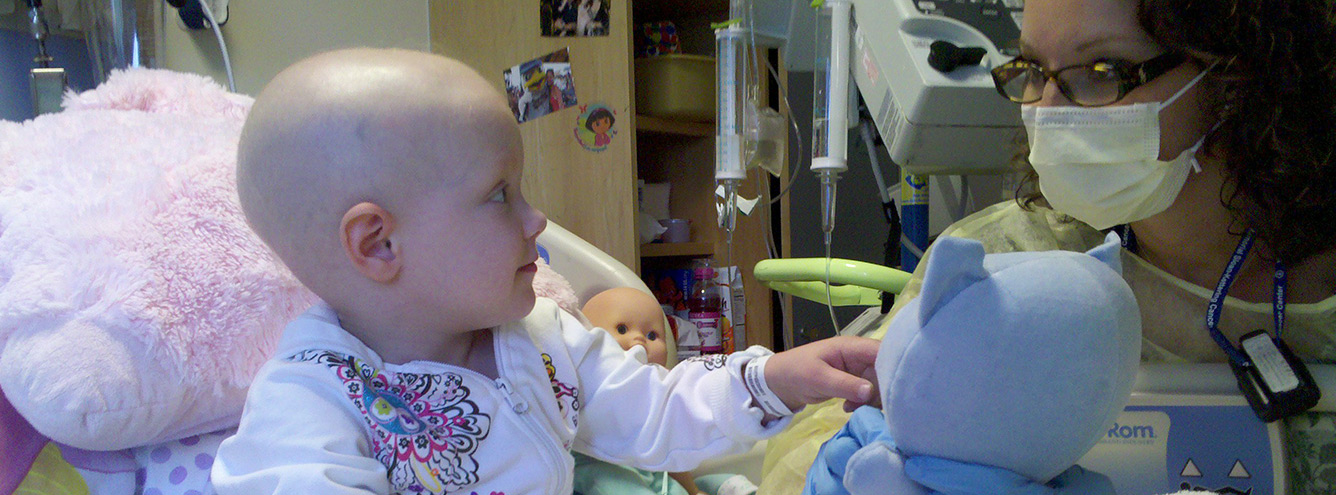A parent’s natural instinct is to do the very best to protect their child, in health and in sickness.
You have been worn down by the pain and distress of your child’s battle, but always kept hope of cure alive.
You now know that your time together is limited. You may have few inner resources left, but you must now restructure family life around the knowledge that your beautiful child is dying.
A New Hope
Many families begin to grieve from the day of diagnosis. Even when the child’s chances of cure are very good, cancer forces the possibility of death into stark relief. You may already have been grieving the loss of your child’s eye or shattered dreams.
As your child began treatment, your strong emotions probably settled as hope grew again. Then came relapse, or the slow, gradual realization that treatment could not cure your child.
You may ask where hope has gone as you watch the cancer engulf your previously active, healthy child. Witnessing precious developmental milestones falling away one by one, even mutilation of the personality you love so much.
Yet hope does still exist. Hope is belief in a better tomorrow. Hope gives strength to endure each new trial. Hope is not a way around trauma, but a way through. There is still reason for hope as you share time with your child, enrich one another’s lives and make memories together.
Talking to Siblings
You will need to prepare your children for the death of their brother or sister, help them cope with their emotions and say goodbye. Children may overhear conversations and be very sensitive to the atmosphere and emotions of people around them. Simple honesty is vital to their emotional and physical wellbeing. .
Siblings may be very confused, especially if they had been told their brother or sister would get better. They may feel deceived and very angry. They may believe you have “given up” and insist that you try another treatment.
Your children must have time to share their thoughts and feelings. If you do not have the emotional energy to support them, seek professional help from a child life specialist, hospital social worker, chaplain, nurse or grief support organization.
Caring for Your Dying Child
Whether at home, in hospice or at the hospital, helping to look after your child can be very empowering and reassuring for both of you. Children are often most comforted by their parents helping with personal care such as bathing and toileting, rather than relying on nurses.
Help your child to understand what is happening, and what will happen. Give plenty of reassurance, just as you have always provided support through medical procedures. Help your child to loosen ties with the physical world and say goodbye.
Even very young children are more aware they are dying than they have words to explain. Children often want to give away treasured toys or write to their siblings and friends. Some want to help choose music or plan something special for their funeral.
Though these conversations may be very hard for you, they are important for your child. They will also create special memories of important feelings shared, and will help your child know that you give her permission to let go and find peace.


